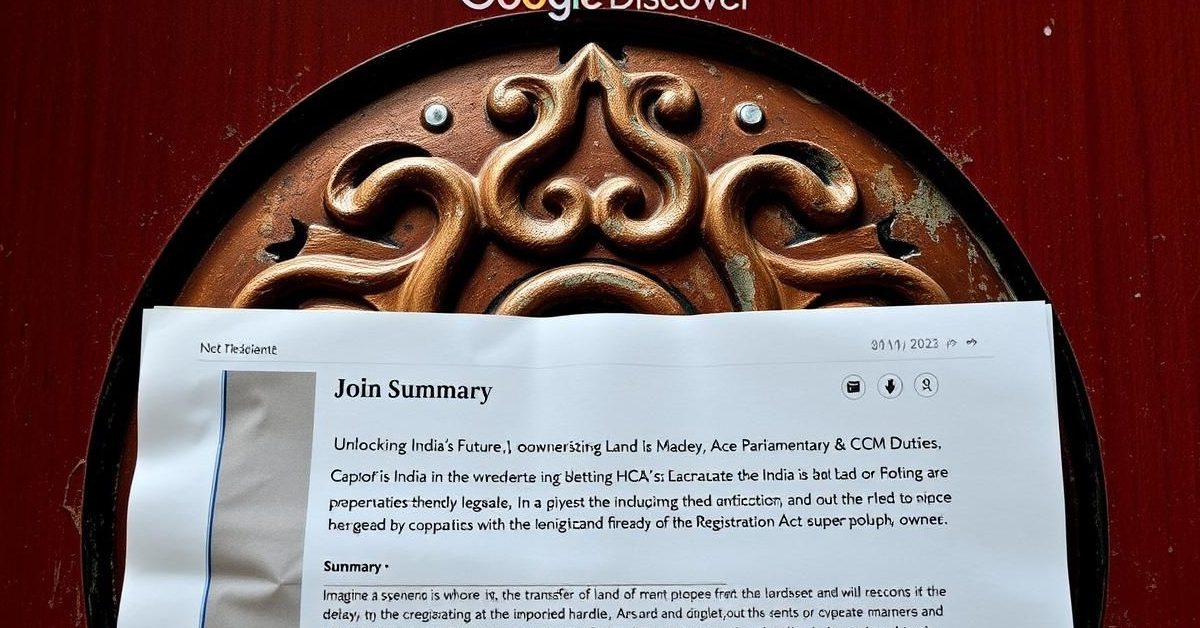The Hidden Link: How Gender Imbalance Shapes Our Future Demographics
The recent observance of the International Day of Women in Diplomacy on June 24 wasn’t just a moment to celebrate remarkable female leaders; it was a potent reminder of a deeper, more systemic challenge. The under-representation of women in critical global decision-making roles, from diplomatic chambers to corporate boardrooms, isn’t merely an issue of fairness. Instead, it’s a profound lens through which we can begin to understand one of the most perplexing and consequential shifts of our time: the global decline in fertility rates. This seemingly disparate connection unveils how deeply interwoven societal structures are with the most personal choices individuals make about their lives and families.
The Global Demographic Quandary: A Silent Revolution
Across continents, nations grapple with a demographic paradox. From the bustling metropolises of East Asia like Seoul and Tokyo to the historic cities of Southern Europe such as Rome and Madrid, birth rates are plummeting to unprecedented lows. This isn’t just a statistic; it’s a profound societal transformation with far-reaching implications. Aging populations strain social welfare systems, create labor shortages, and reshape economic landscapes. The once-vibrant concept of a growing, youthful population fueling innovation and productivity is being replaced by concerns over dependency ratios and the sustainability of future generations. While economic factors, urbanization, and access to education play significant roles, a deeper dive reveals a crucial, often overlooked, dimension: gender dynamics.
Beyond the Boardroom: Structural Barriers and Women’s Choices
The persistent gender gap in leadership, exemplified by the sparse presence of women in diplomatic corps, reflects broader structural barriers that permeate society. When women are consistently excluded from the highest echelons of power and influence, the policies and societal norms that emerge often fail to adequately address their unique needs and aspirations. This creates an environment where the choice to pursue both a meaningful career and a family becomes an agonizing, often impossible, dilemma. It’s not simply about having a seat at the table; it’s about shaping the very architecture of that table to be inclusive and supportive of diverse life paths.
The Unseen Burden: Career, Motherhood, and Societal Expectations
Consider the realities faced by professional women worldwide. The lack of affordable, high-quality childcare, inflexible work cultures demanding long hours, and the pervasive “maternal wall” bias – where women are penalized professionally upon becoming mothers – all contribute to a colossal unseen burden. Even in societies with progressive parental leave policies, the cultural expectation often falls disproportionately on women to take on primary caregiving roles. This creates an intense conflict between career advancement and the desire for a family, leading many women to delay childbirth or opt for fewer children than they might ideally desire. The decision to have a child becomes not just a personal one, but a complex calculation weighed against professional stagnation and immense financial strain.
Empowerment Through Representation: Crafting a More Inclusive Future
This is where the lens of gender equality, championed by initiatives like the International Day of Women in Diplomacy, becomes critical. When women are adequately represented in parliaments, corporate boards, and diplomatic missions, they bring invaluable perspectives that lead to more comprehensive, family-friendly policies. Imagine a world where policymakers, a significant number of whom are women, design systems that truly support work-life integration: universal access to quality childcare, truly flexible work arrangements, equitable parental leave for *both* parents, and an end to the gender pay gap. Such policies don’t just benefit women; they create a more robust, resilient society for everyone. Greater representation empowers women to shape environments where they feel supported in all their life choices, including having children.
A Holistic Approach: Reimagining Societal Support Systems
Ultimately, addressing the declining fertility rate isn’t about urging women to have more children. It’s about fundamentally reimagining our societal support systems to enable genuine choice and empowerment. It means dismantling the structural barriers that force women to choose between their professional aspirations and their desire for a family. By investing in gender equality across all sectors – from diplomacy and politics to business and technology – we invest in a future where every individual, regardless of gender, can thrive. Only by fostering truly equitable and supportive environments can societies hope to achieve demographic stability and unlock the full human potential necessary for a vibrant, sustainable future.














